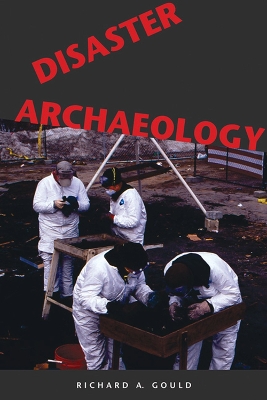Unlike traditional archaeology, which studies the human past and examines issues of scholarly and popular interest, disaster archaeology is about the aftermath of mass-fatality events and deals with urgent needs such as victim identification and scene investigation. In this context, archaeological skills are an instrument of recovery for the families and others affected by a disaster.
This methodology involves a humanitarian element that often motivates archaeologists to perform this emotionally difficult work, and it requires a commitment to scientifically controlled field recovery and documentation of human remains, personal effects, and other physical evidence. First-hand experiences are described from the World Trade Center, 'The Station' nightclub fire in Rhode Island, and from Hurricane Katrina.
Disaster archaeology involves the meticulous, empirical use of archaeological science as well as emotional sensitivity toward victims and victims’ family and friends. By combining standards of forensic science with state-of-the-art field techniques, archaeologists can decisively affect the outcome of post-disaster investigations and recoveries.
- ISBN13 9780874808940
- Publish Date 30 August 2007
- Publish Status Active
- Out of Print 10 August 2022
- Publish Country US
- Imprint University of Utah Press,U.S.
- Format Hardcover
- Pages 272
- Language English
